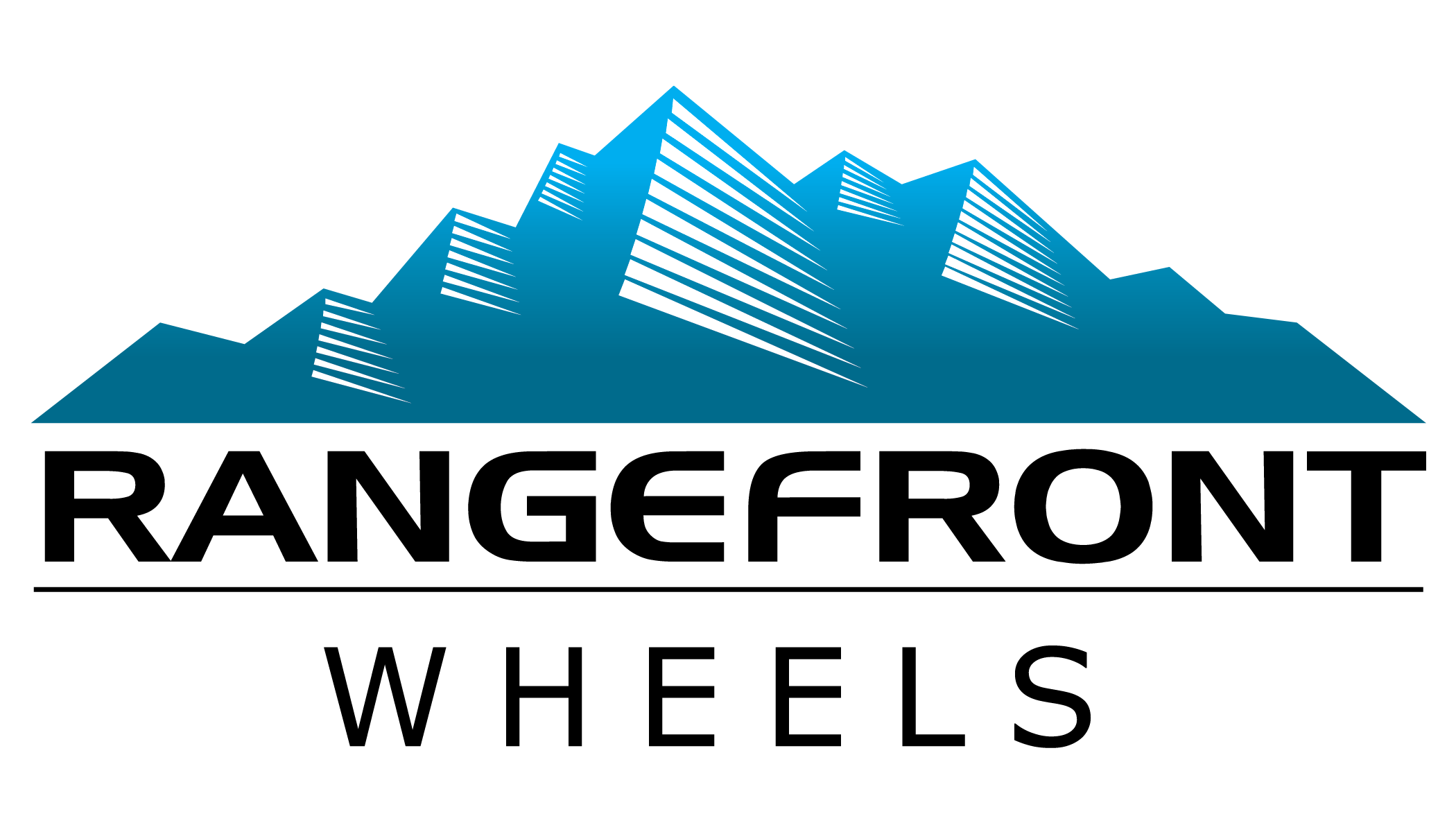How 2025 Tariffs Are Driving Up Truck Costs — And Why Businesses Should Reconsider Fleet Ownership
As economic conditions continue to evolve in 2025, businesses are grappling with rising operational costs — and recent trade policies seem poised to intensify the challenge. New tariffs on automobile makers announced by President Donald Trump are expected to drive up the cost of automobiles, including commercial vehicles and pickup trucks. For businesses that rely on vehicle fleets, this shifting landscape requires strategic thinking.
Based on current economic projections, one increasingly attractive alternative to purchasing trucks is long-term truck rental, offering cost control, flexibility, and risk mitigation. This article explores why now may be the ideal time for businesses to reconsider traditional fleet ownership.
Summary: Why is long-term truck rental a better option for businesses in 2025?
Due to rising truck prices driven by new tariffs on imported materials and parts, long-term truck rental offers businesses a cost-effective alternative to ownership. It provides predictable expenses, flexibility to scale fleets, and protection against asset depreciation during a volatile economy.
Overview of Trump’s New Tariffs
In early 2025, President Trump announced a sweeping set of new tariffs targeting a wide array of Chinese imports, aiming to bolster American manufacturing. These tariffs include higher duties on key materials such as steel and aluminum — essential components in automobile manufacturing — as well as imported vehicle parts and electronics.
Economists widely agree that tariffs of this nature often result in cost increases throughout the supply chain, as manufacturers adjust pricing to offset higher production expenses. Truck manufacturers, which source parts globally, are particularly exposed to these pressures.
How Tariffs Are Expected to Increase Truck Costs
The automotive sector is concerned about tariff-driven inflation, which is expected to come not only from imported vehicles, but also due to:
Material costs: Steel and aluminum prices are rising, directly impacting the cost of truck frames, chassis, and body structures.
Parts and components: Tariffs on electronic systems, tires, batteries, and wiring harnesses are increasing the overall cost to produce each vehicle.
Manufacturer pricing adjustments: Major truck brands including Ford, General Motors, and Stellantis (RAM) have indicated that price increases may be necessary to maintain profitability amid these pressures.
Historical data from previous tariff periods suggests that businesses can expect these higher costs to be passed down to consumers and fleet buyers within 6 to 18 months.
The New Risks of Owning Truck Fleets
Fleet ownership has traditionally offered businesses control over assets and potential long-term cost savings. However, in the current environment, the risks of purchasing fleet vehicles have grown significantly:
Higher acquisition costs strain capital and credit lines.
Rising financing costs due to elevated interest rates compound the burden.
Depreciation risks intensify, particularly if trucks are purchased at peak tariff-inflated prices.
Operational uncertainty, as parts shortages and supply chain disruptions may make fleet maintenance more expensive and unpredictable.
For many companies, the traditional benefits of owning trucks are now outweighed by these new financial risks.
Why Long-Term Truck Rental Is a Strategic Move
Given the new economic pressures, long-term truck rental has become a strategic alternative that better aligns with financial stability and operational flexibility. Key advantages include:
Predictable monthly costs: Rentals shield businesses from fluctuating vehicle prices and variable financing terms.
Scalability: Companies can quickly expand or contract their fleets based on project needs without being locked into depreciating assets.
Lower maintenance burden: Many long-term rental agreements include maintenance, servicing, and registration, minimizing downtime and administrative overhead.
Preservation of working capital: Funds can be directed toward business growth and operational investments rather than fleet acquisition.
Faster access to vehicles: Rentals offer immediate availability compared to the lengthy wait times associated with new truck purchases.
These benefits not only protect businesses from current economic uncertainties but also support greater agility in a competitive market.
Where Long-Term Truck Rental Offers the Greatest Value
Certain industries stand to benefit most from transitioning to long-term truck rental models:
Construction, mining, exploration, and infrastructure companies operating on fluctuating project schedules.
Energy and utilities providers expanding into new service territories.
Seasonal businesses such as agriculture, landscaping, and logistics companies that scale fleets based on peak periods.
New regional ventures where fleet requirements may change rapidly as operations grow.
For these businesses, long-term truck rental provides a valuable hedge against rising costs, market shifts, and operational unpredictability.
Final Thoughts: Navigating Fleet Strategy in a Volatile Economy
Tariff-driven inflation in truck manufacturing is expected to create new challenges for businesses across industries. Rising acquisition costs, financing pressures, and depreciation risks are reshaping the fleet ownership landscape.
In this environment, long-term truck rental offers a compelling solution: stabilizing operating expenses, preserving financial flexibility, and ensuring fleet readiness without the downsides of ownership.
By rethinking traditional approaches and embracing rental strategies, businesses can position themselves for resilience, agility, and long-term success — even amid economic uncertainty.
Disclaimer:
This article is intended for informational purposes only. Businesses should consult with a qualified financial advisor, fleet management expert, or legal professional before making significant operational or financial decisions.
